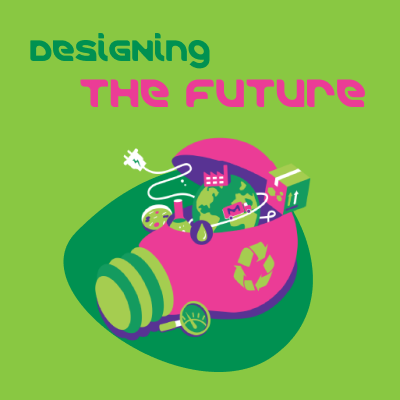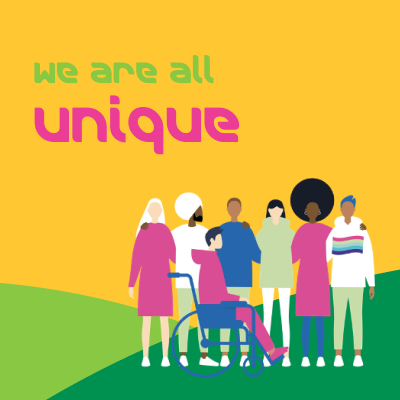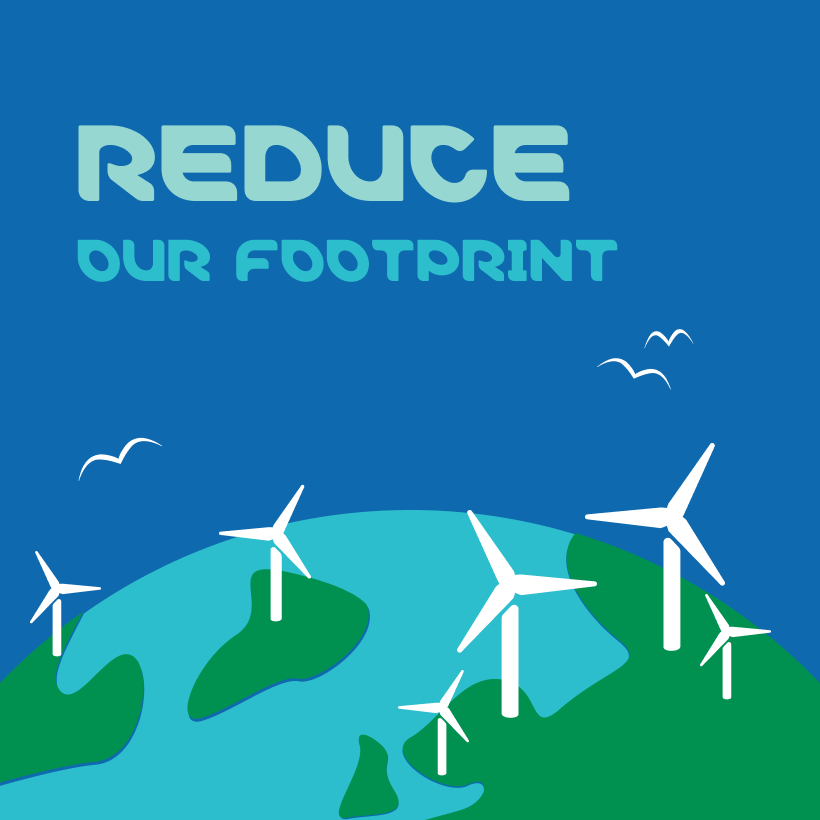Pushing the boundaries of possibility
Our constant curiosity and specialist approach drive our partnerships and bring new ideas to life. How can we contribute to a sustainable future and overcome societal challenges? Through the positive power of science! And with the combined expertise of universities and businesses.
The future of plastic recycling
Dealing with plastic responsibly is key to ensuring a sustainable future. So far, frequently used plastics, such as polyethylene and polypropylene, have been very difficult to integrate into a circular economy due to their chemical structure. Together with TU Darmstadt, we are now counting on a platform technology for enzyme-mediated plastic recycling.

Breaking down plastics with enzymes has a major benefit. This method can also be used to recycle materials made of multiple types of plastic.
Contribution to our strategic goals 1 and 3
Partnerships help us create sustainable innovations and technology for our customers and tackle global challenges such as resource scarcity.
read moreContribution to SDG 17
We are collaborating with a wide array of strong partners to drive sustainable development within our company and beyond.
read more











It wasn't easy to narrow down the 27 exciting project submissions to just four on which we will work together with the university.
Gerhard Schwall, Project Lead Sustainability Hub, Germany